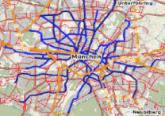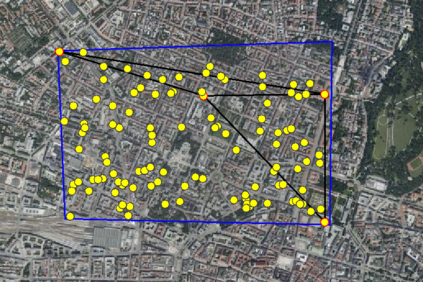The transformation of smart mobility is unprecedented--Autonomous, shared and electric connected vehicles, along with the urgent need to meet ambitious net-zero targets by shifting to low-carbon transport modalities result in new traffic patterns and requirements for real-time computation at large-scale, for instance, augmented reality applications. The cloud computing paradigm can neither respond to such low-latency requirements nor adapt resource allocation to such dynamic spatio-temporal service requests. This paper addresses this grand challenge by introducing a novel decentralized optimization framework for mobility-aware edge-to-cloud resource allocation, service offloading, provisioning and load-balancing. In contrast to related work, this framework comes with superior efficiency and cost-effectiveness under evaluation in real-world traffic settings and mobility datasets. This breakthrough capability of 'computing follows vehicles' proves able to reduce utilization variance by more than 40 times, while preventing service deadline violations by 14%-34%.
翻译:暂无翻译







































